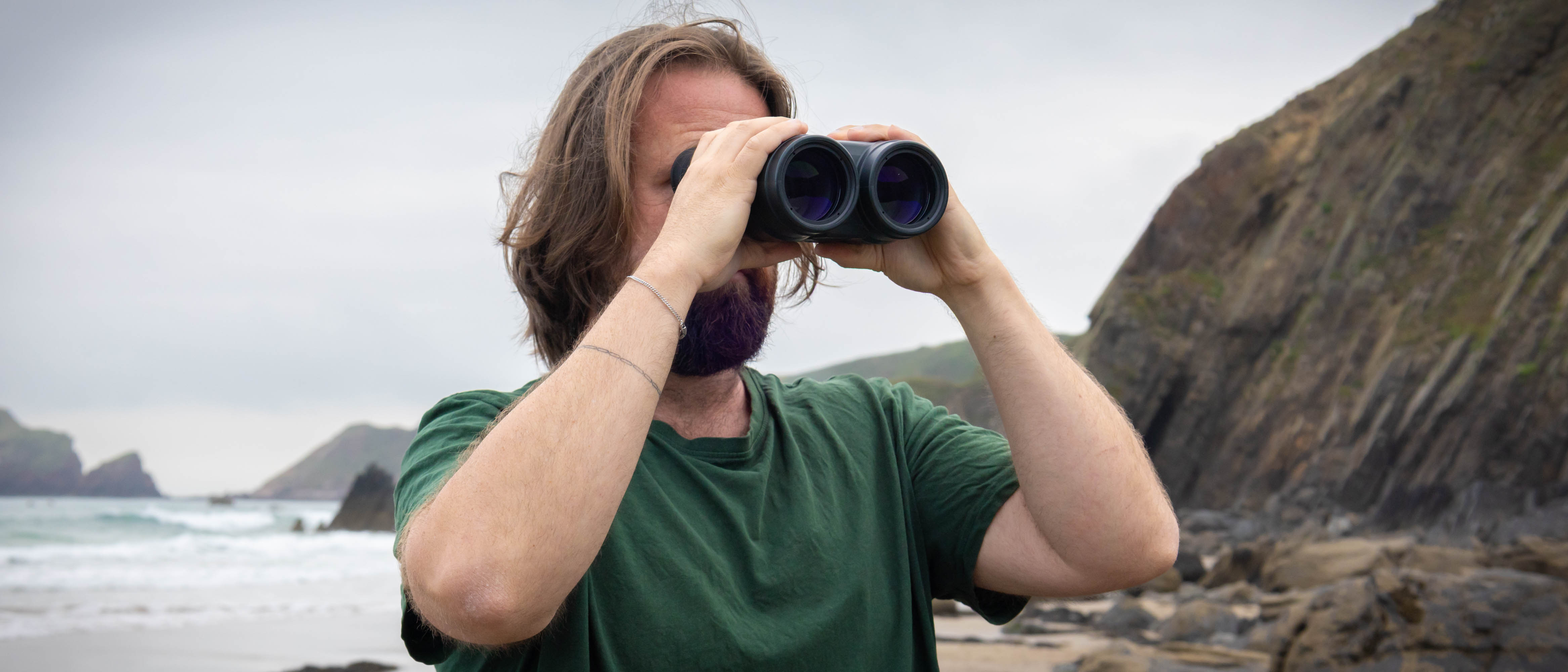Tiny Floating Animals 'Grab Lunch' from Land
Tiny aquatic animals called zooplankton that float along with currents have been caught with material produced on land — such as maple leaves and pine needles — in their guts.
The finding helps to resolve a debate over whether the diets of these animals, long thought to be algae eaters, include material that originates on land.
"Zooplankton are one of the pillars of the aquatic food web," lead researcher Jonathan J. Cole, said in a statement. "And while they do feed on algae, they also rely on materials derived from maple leaves, pine needles and whatever else comes in from the surrounding watershed," said Cole, a limnologist at the Cary Institute of Ecosystem Studies in New York.
Cole and colleagues analyzed stable isotopes of carbon, hydrogen and nitrogen (isotopes are atoms of the same element with different numbers of neutrons) to trace the diets of three zooplankton species commonly found in freshwater lakes: Daphnia, Holopedium and Leptodiaptomus. Different ratios of oxygen isotopes, for example, can reveal where that material came from.
Animal samples were taken from two Wisconsin lakes with distinct profiles — Paul Lake, a small lake with moderate nutrient levels, and Crampton Lake, a larger nutrient-poor lake.
In both lakes, organic matter that originated on land made up approximately one-third of zooplankton biomass. When edible algae were scarce (usually in nutrient-poor areas), zooplankton ate more food derived from the land.
The study was detailed last week in the journal Proceedings of the National Academy of Sciences.
Get the world’s most fascinating discoveries delivered straight to your inbox.
- Extremophiles: World's Weirdest Life
- Jellyfish Swarms: Menacing or Misunderstood?
- Earth in the Balance: 7 Crucial Tipping Points
You can follow LiveScience on Twitter @livescience.
 Live Science Plus
Live Science Plus







